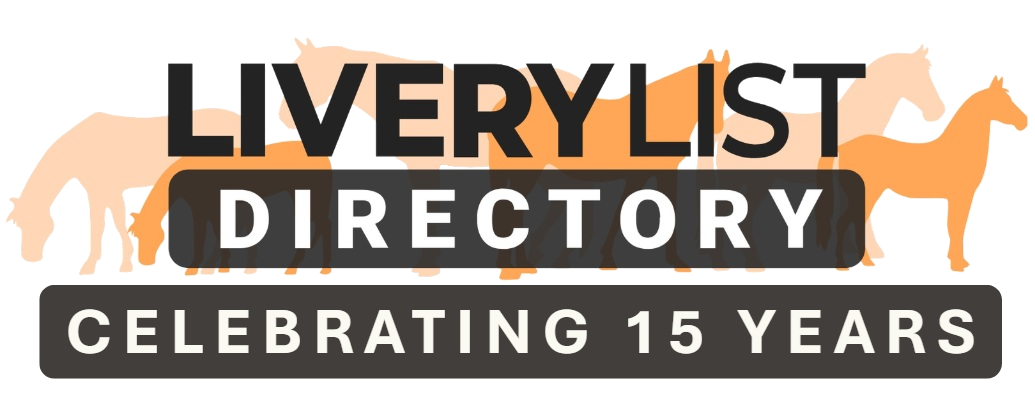The UK’s Competition and Markets Authority (CMA) has published findings that could lead to major reforms across the veterinary industry, potentially impacting equine practices as well as small animal clinics.
The watchdog concluded that the £6.3 billion UK veterinary market is not operating effectively, with clients often paying significantly more for medicines and services at vet practices than through online suppliers. In some cases, prices for common prescriptions were found to be double those available online, and overall veterinary charges have risen by over 60% since 2016.
Although much of the CMA’s research focused on small-animal services, the recommendations carry important implications for equine professionals, particularly those providing routine or ambulatory care.
The CMA has proposed a range of measures to increase transparency, competition, and client confidence. Among the 21 recommendations are:
-
A cap of £16 on fees for providing written prescriptions.
-
Mandatory publication of price lists for core services and treatments.
-
Clear disclosure of practice ownership, ensuring clients know whether their vet is part of a large corporate group or an independent practice.
-
Written estimates for treatments over £500 and detailed, itemised billing.
-
Development of a national price comparison website for veterinary services.
The CMA has also urged practices to review their internal policies to ensure that vets are always able to act in the best interests of clients and their animals, without commercial pressure or sales targets influencing clinical advice.
For the equine sector, these proposals could bring greater scrutiny to areas such as medicine pricing, call-out fees, and the structure of client care plans. Equine practices may need to review how they:
-
Set and communicate prescription and service fees.
-
Handle supply of medications and the option for clients to buy elsewhere.
-
Present pricing information clearly on websites and invoices.
-
Disclose group or corporate ownership.
With many equine businesses already under financial pressure, these changes could require operational adjustments — but they also offer an opportunity to build greater client trust and transparency.
The CMA’s final recommendations are expected in 2026, following consultation with the Royal College of Veterinary Surgeons (RCVS), British Equine Veterinary Association (BEVA), and other industry bodies. Equine vets, yard managers, and horse owners alike should stay informed and prepared for potential regulatory shifts
